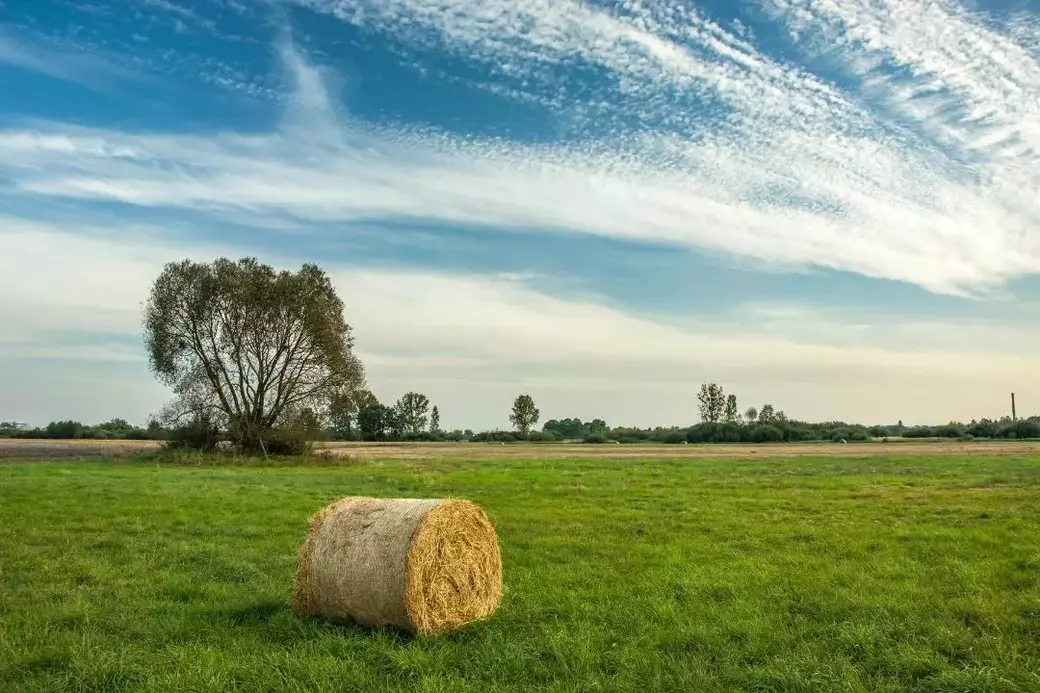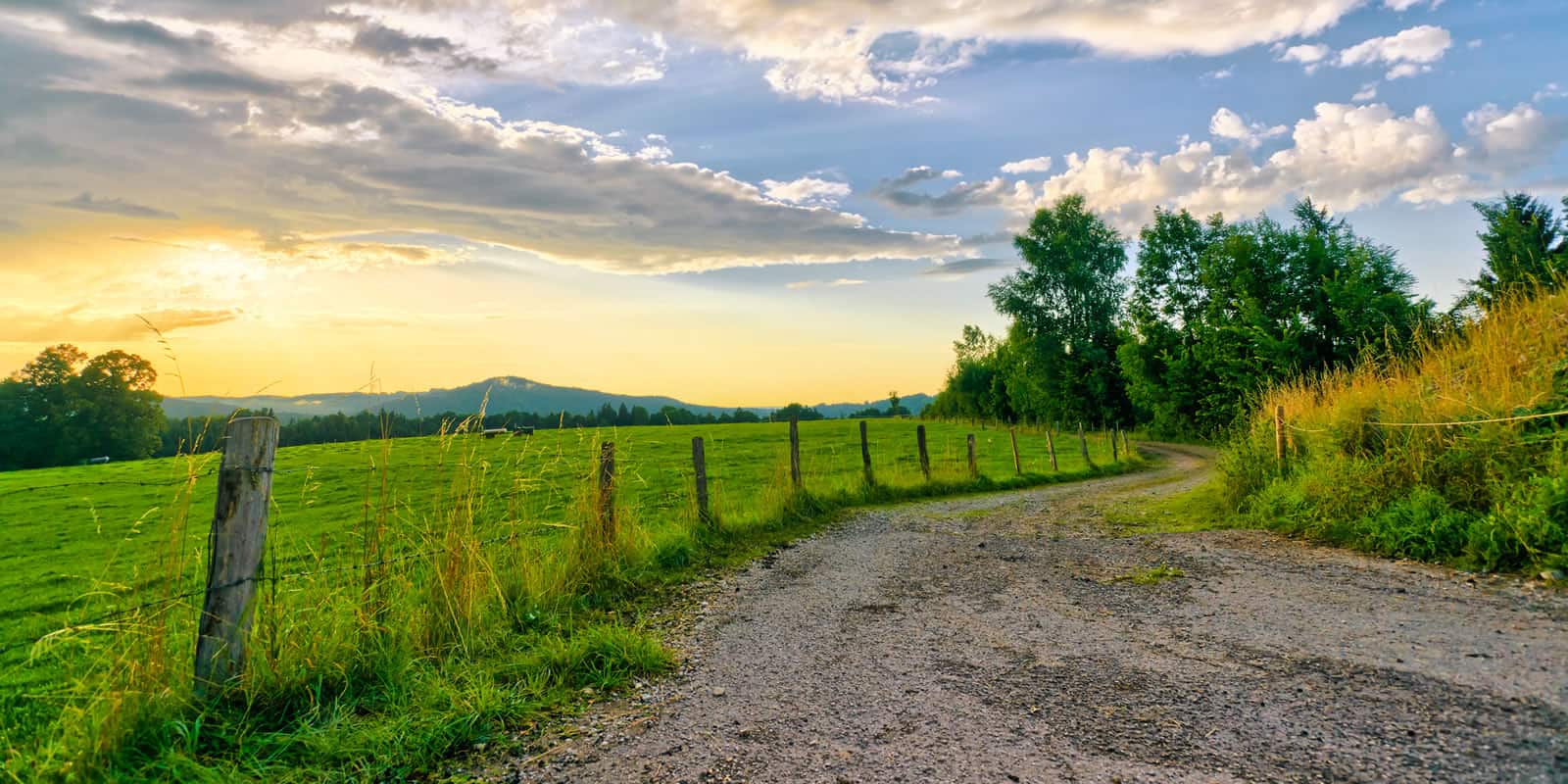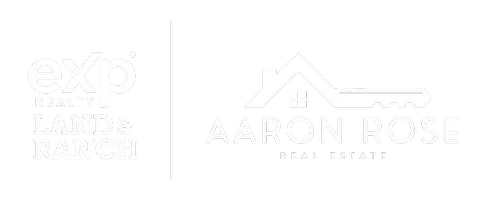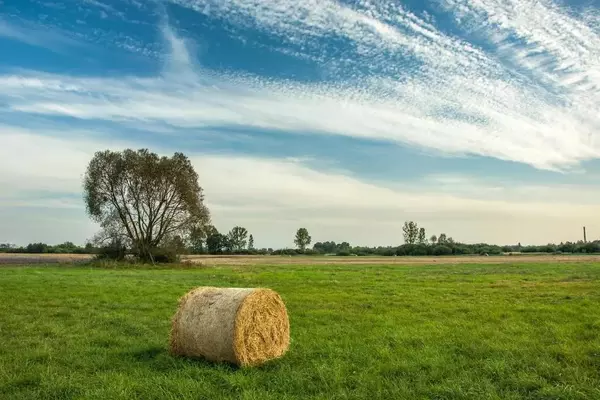Buying Rural Acreage: 5 Things You Need to Know

Buying Rural Acreage: 5 Things You Need to Know


Dreaming of wide-open spaces, star-filled nights, and the peace that comes with country living? Northern California’s rural counties—Yuba, Sutter, Nevada, Placer, and Plumas—offer the perfect canvas for your rural lifestyle dreams. But before you saddle up and head for the hills, there are a few key things every buyer should know about purchasing rural acreage in these beautiful regions.
1. Understand Land Use and Zoning

Not all acreage is created equal. Each county has its own zoning rules that dictate what you can build, whether you can keep livestock, and how you can use the land. For example, you might find the perfect 20-acre plot in Nevada County, but if it’s zoned for agricultural use only, building your dream home could be tricky. Always check with local planning departments before making an offer.
Pro Tip: Request a copy of the zoning map and ask for recent updates. Zoning can change, and knowing the details can save you time and money.
2. Know Your Water Rights and Sources

Water is gold in rural Northern California. Some properties have wells, others have access to irrigation districts, and a few rely on natural springs. Make sure you understand where your water will come from and whether rights transfer with the property. A professional well inspection is a must before you buy.
Real-Life Example: In Plumas County, a buyer discovered that the well only produced enough water for part-time living. Checking flow rates and water quality early on can prevent surprises.
3. Assess Access and Road Maintenance

That winding country road might be picturesque, but is it maintained year-round? Some rural properties are accessed by private roads or easements, and maintenance can fall to the landowners. In Plumas or Yuba County, winter storms can make access a real challenge. Ask about road agreements and make sure you can reach your property in all seasons.
What to Ask: Who plows the road in winter? Is there a shared maintenance fund? Walk or drive the access road after heavy rain to see how it holds up.
4. Evaluate Utilities and Off-Grid Options

Don’t assume that power, internet, or even cell service is a given. Many rural properties in Sutter or Placer County are off-grid or require creative solutions for electricity and connectivity. Solar panels, generators, and satellite internet are common. Factor in these costs—and the adventure—when planning your move.
Did You Know? Some Nevada County buyers have embraced off-grid living with solar, batteries, and rainwater catchment systems. It’s an investment up front, but it can pay off with lower bills and a lighter environmental footprint.
5. Work with a Local Expert

The rural property market is its own unique world. Local agents know the ins and outs of land use, wells, septic systems, and more. They can connect you with trusted inspectors and help you avoid common pitfalls. If you’re ready to start your rural adventure, I’d love to help you find the perfect slice of Northern California paradise.
Why Local Matters: An agent who lives and works in these counties can offer insights into microclimates, community events, and even the best spots for local produce or horseback riding.
Ready to explore your options? Reach out today and let’s talk about your rural lifestyle goals!
Categories
Recent Posts



